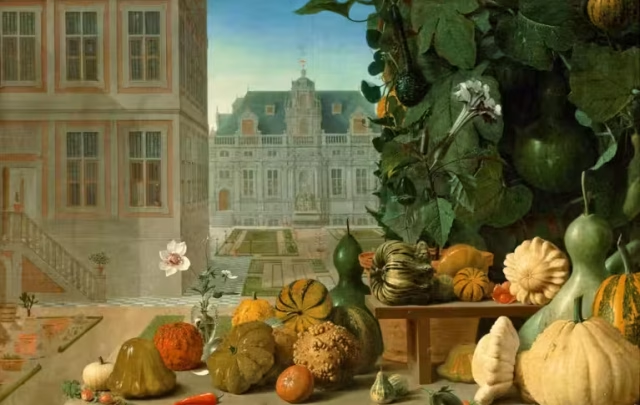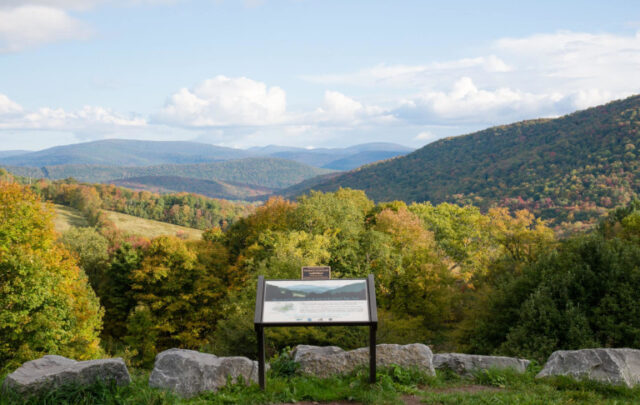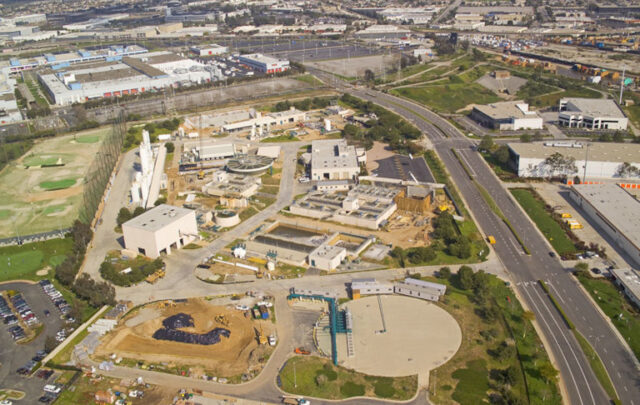“There once was a little man who went to the tailor with a piece of cloth
-Good day, good day, master tailor, said he and bowed.
-Good day, good day, said the tailor where he sat at the table and sewed with crossed legs.
-Can I get a little coat sewn of this here little cloth?, asked the little man.
-Yes you can, said the tailor
-When will it be ready?
-On Saturday
-That’s good master tailor. Thanks so much master tailor. Goodbye, goodbye master tailor.
And so the little man left.”
(We have an old Fairy Tale from Sweden called “ The Master Tailor”. This is the beginning of the tale.)
Now it is Saturday and the world’s climate campaigners have awoken drowsy with a hangover. It was now that they should have been celebrating that the world’s leading nations had decided on strong measures to save the future climate. The actual outcome was expected and, in an article in the Swedish newspaper Svenska Dagbladet on 15 November I tried to explain why they would fail:
“If we study our well-being in detail we can discern four important components. They are food, climate, the economy and peace on Earth. Each component is immensely important and is discussed continuously in various meetings around the world. However, the fact is that these components are coupled and dependent upon one another. “Humanity’s Well Being” (HWB) can be summarized in an equation that shows this and when we study the interdependence of these factors we see that they are all dependent upon energy (E):
HWB(E) = Food&water(E) + Climate(E) + Economy(E) + Peace(E)
The climate will be discussed in Copenhagen but it is obvious that the negotiators will fail, primarily because they have forgotten the importance of energy to food and the economy.”
Today, Prime Minister Fredrik Reinfeldt (currently prime minister of the nation holding the EU presidency) partially explained the failure by saying that too many nations prioritised economic growth over the climate. He is, thereby, supporting indirectly the views that I expressed on 15 November in my “Focus Point” article (in Svenska Dagbladet).
In my “Debate” article in the Swedish newspaper Dagens Nyheter on 7 December I tried to describe why the scenarios that the IPCC uses for emissions of CO2 from fossil fuels are exaggerated. Note that I am not saying that our activities have not caused the current higher levels of CO2. Increased use of fossil fuels gives higher CO2 levels. The fact that economic growth is prioritised over the climate shows that we have a future energy problem. With an increasing world population we will soon also see how the word “food” becomes more significant.
The greatest mistake that they did before Copenhagen was to focus the spotlight only on climate. If the world situation is to develop in a positive way in the future then this one-lane track must be broadened into a four-lane highway. One only needs to examine the global welfare equation (HWB) to understand what those four lanes are: Food and water, climate, economy, and peace on Earth.
Now it is time to draw a line under the climate negotiations in Copenhagen. As in the Swedish Fairy Tale of the Master Tailor the promises became smaller and smaller and why not take the end of the Fairy Tale as the conclusions:
“When Saturday came and the little man went to the tailor again.
-Good day, good day master tailor, are my gloves ready?
-Oh, but no.
-Are they not ready? Why not?
– Ah yes, there were no gloves.
– There were no gloves? What was it then?
– There was nothing.
– Oh, there was nothing? That’s good master tailor. Thanks so much master tailor. Goodbye, goodbye master tailor.
And so the little man left and never came again.”
(You can discuss the outcome on my blog, aleklett.wordpress.com)





